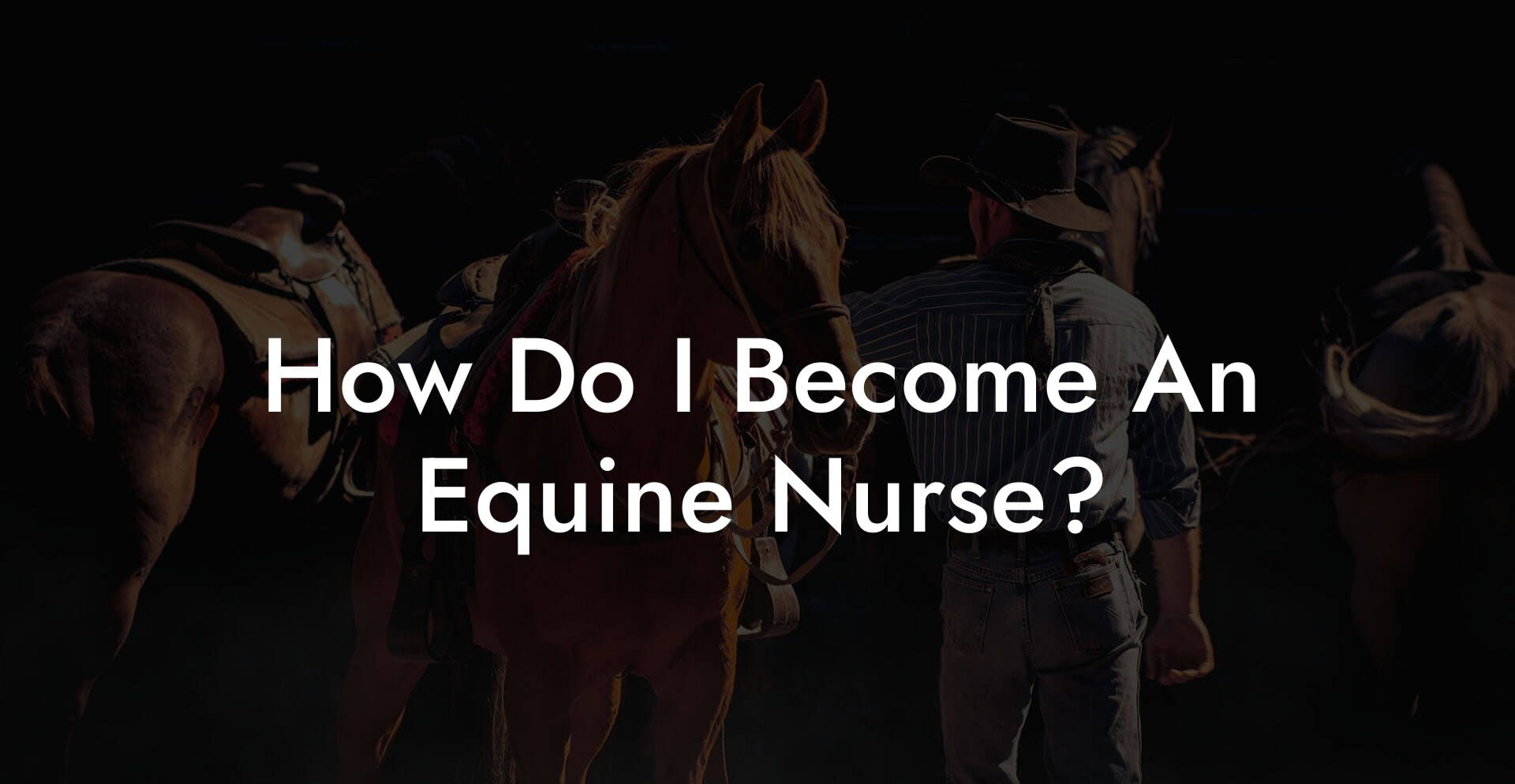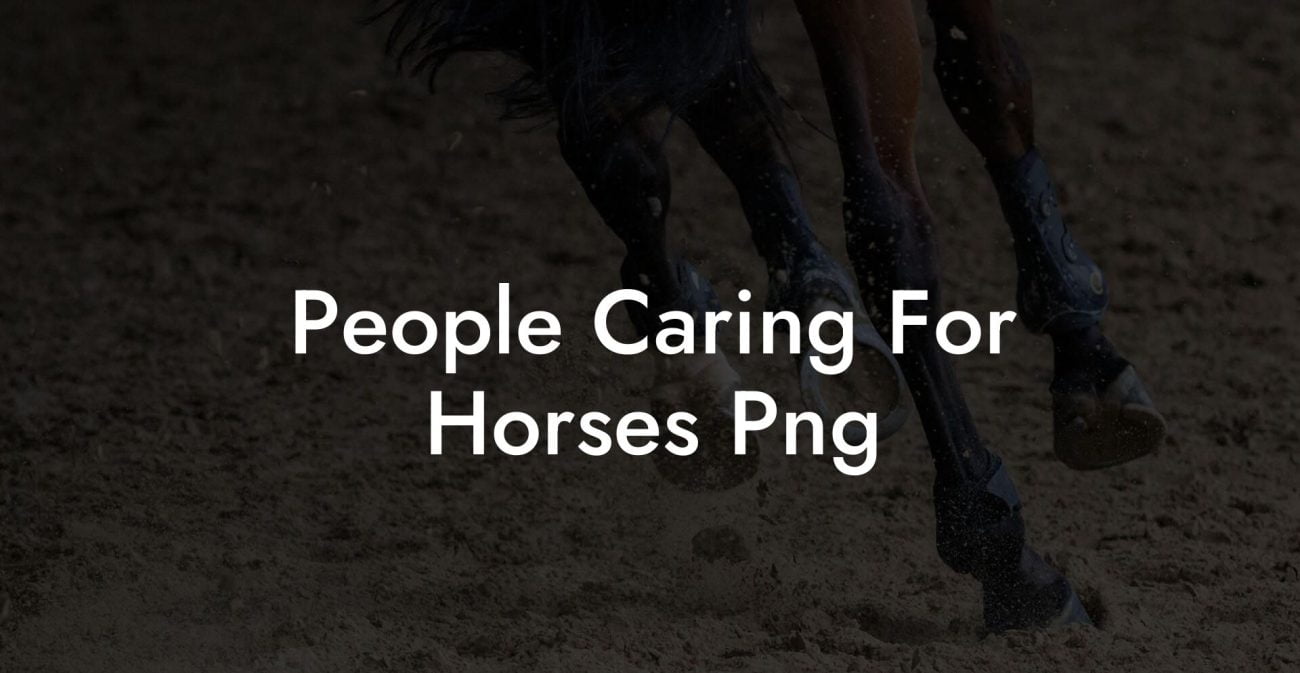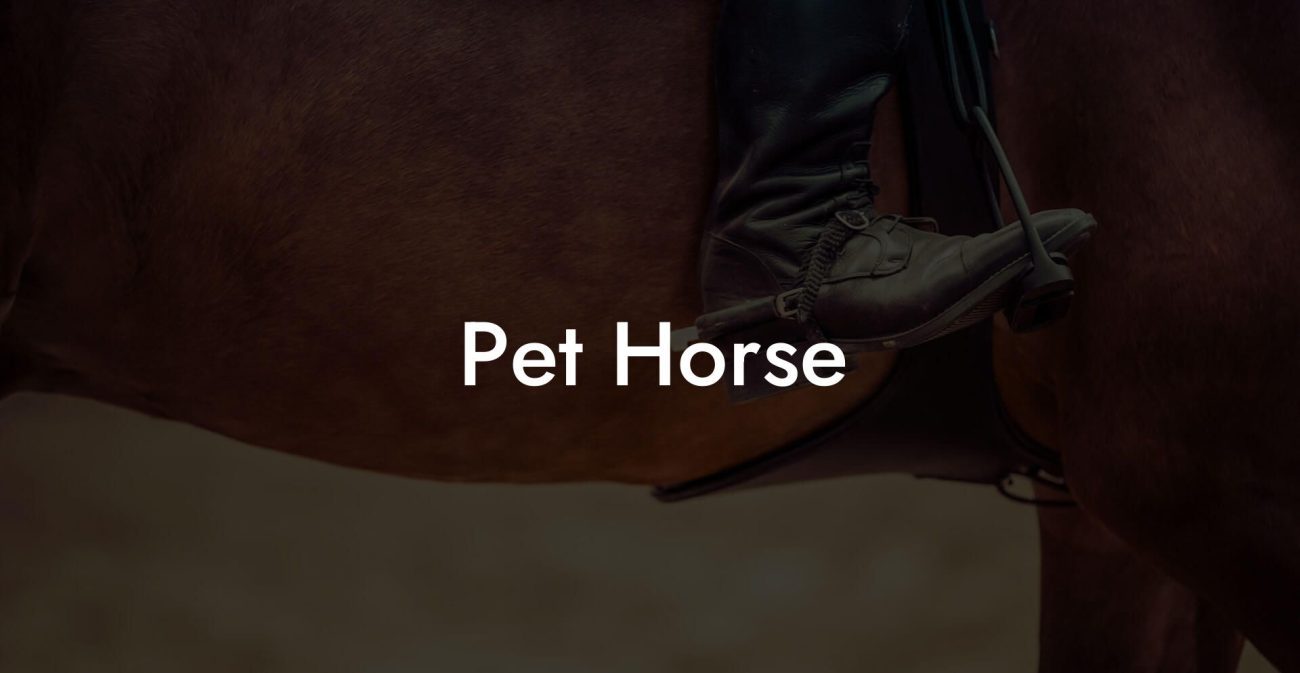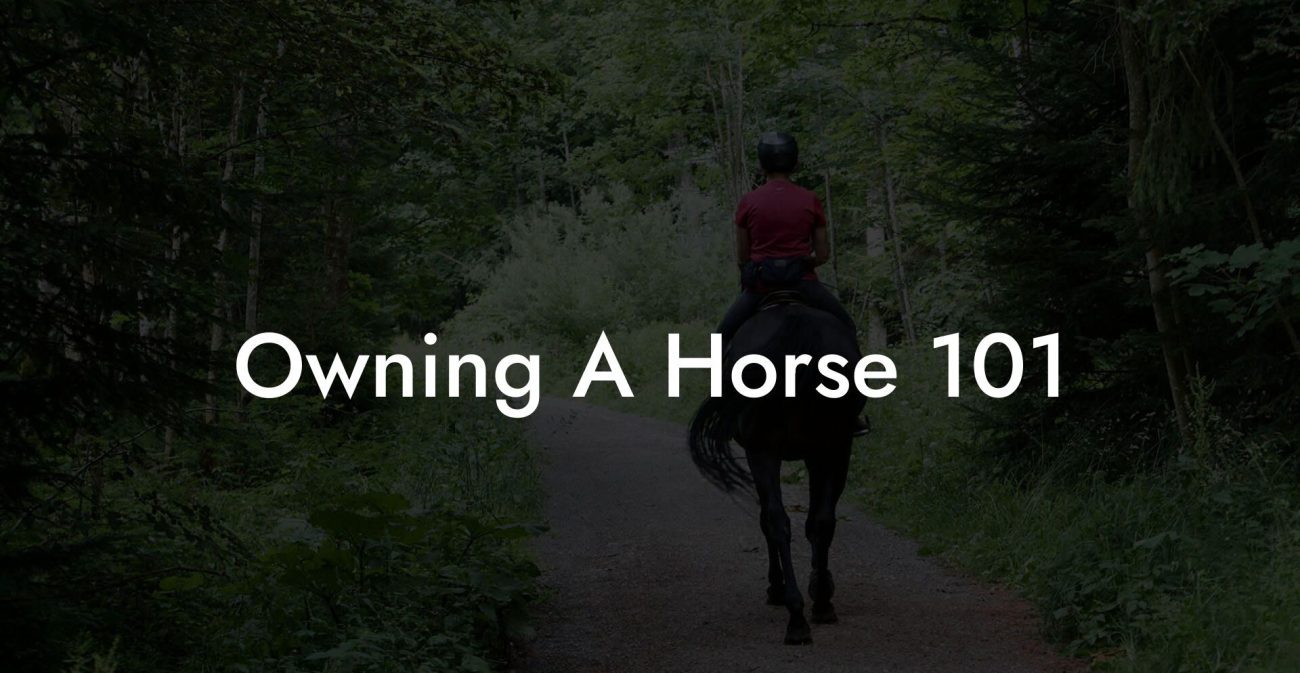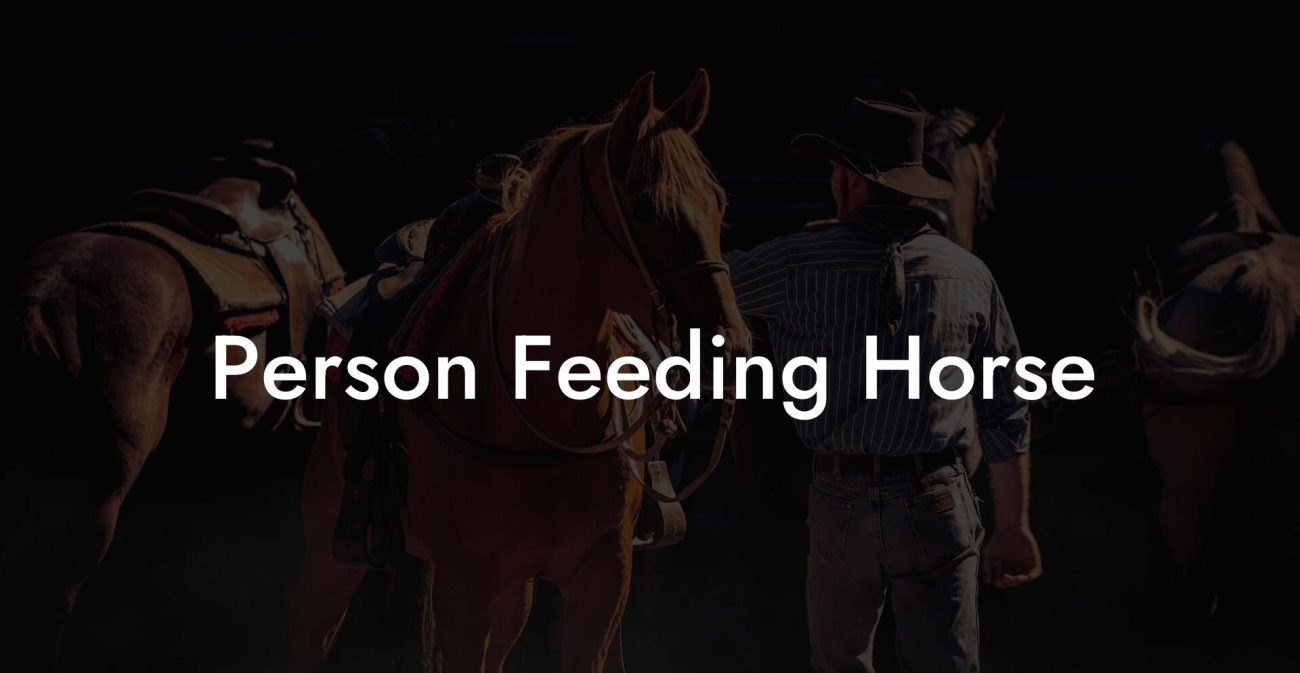Do you have a passion for horses and a genuine interest in their welfare? If you're looking for a rewarding career that blends your love for these magnificent creatures with your skills in healthcare, becoming an equine nurse may be the perfect fit for you. This blog post will explore the ins and outs of this specialized field, including the responsibilities, qualifications, and steps you need to take to become an equine nurse. So, saddle up, and let's dive into this exciting journey!
How Do I Become An Equine Nurse Table of Contents
What Does An Equine Nurse Do?
Equine nurses are veterinary professionals who specialize in the care and medical treatment of horses, ponies, and other equine species. These skilled individuals have a deep understanding of the unique needs of equines and work closely with veterinarians to ensure their health and welfare. The responsibilities of an equine nurse can span across various tasks, including:
- Administering medication and assisting in the treatment of illnesses and injuries
- Providing general patient care, including feeding, grooming, and exercising horses
- Assisting in diagnostic procedures, such as x-rays and blood tests
- Monitoring of patients during anesthesia and assisting in surgeries
- Maintaining a sterile environment as well as proper hygiene in the clinic and surgical areas
- Providing first aid and emergency care
- Educating owners about proper horse care, nutrition, and other fundamental aspects of equine health
Becoming an Equine Nurse: Educational Requirements & Qualifications
To become an equine nurse, you will need to complete specialized training and education to obtain the necessary knowledge and skills. The primary steps to pursue this career are:
1. Complete High School or Equivalency
It's essential to have a strong foundation in science and math subjects, as these form the basis of the veterinary field.
2. Obtain a Veterinary Nursing Degree or Diploma
Many colleges and universities offer veterinary nursing programs, including those that specialize in equine care. These programs typically combine theoretical learning with practical experience to fully prepare you for the demands of the role. Some programs also offer online or part-time options, enabling you to learn at your own pace.
3. Obtain Licensing and Certification
In many countries, equine nurses must be licensed by a governing body to practice. This may involve passing a state or national examination to demonstrate your competence in the field. Additionally, you may choose to pursue voluntary certification, such as the Equine Veterinary Nursing Certification, which can boost your credibility and employability.
4. Gain Experience
Practical experience is vital in honing your skills and developing a successful career in equine nursing. Many educational programs include internships or placements, but you can also seek out volunteer opportunities or entry-level positions to gain further experience.
Example of an Equine Nurse's Journey
Sarah had always been passionate about horses, having grown up riding and caring for them. When she discovered the career of equine nursing, she knew it was the perfect way to combine her love for horses with her interest in veterinary medicine.
Sarah began by completing her high school diploma, focusing on biology and chemistry. She then pursued a two-year veterinary nursing program with a specialization in equine studies. Throughout her studies, Sarah volunteered at a local equine clinic, gaining invaluable hands-on experience and networking with the veterinarians and other staff members.
Upon graduating, Sarah passed her state licensing exam and registered as a Licensed Veterinary Nurse specializing in equines. This opened the door to her first job as an equine nurse at a reputable equine hospital where she continues to grow and hone her skills.
Embarking on a career as an equine nurse can be richly rewarding, filled with the opportunity to help care for and improve the lives of horses every day. By following the steps outlined in this article, you can begin creating your path towards a fulfilling career in equine medicine. Share this post with anyone you think may be interested in this exciting career, and remember to explore other informative articles about horse ownership and care on How to Own a Horse. Let's create a world where people and horses flourish together!
In just a few years, you could be like Sarah, dedicating your life to the care and well-being of these magnificent animals.

